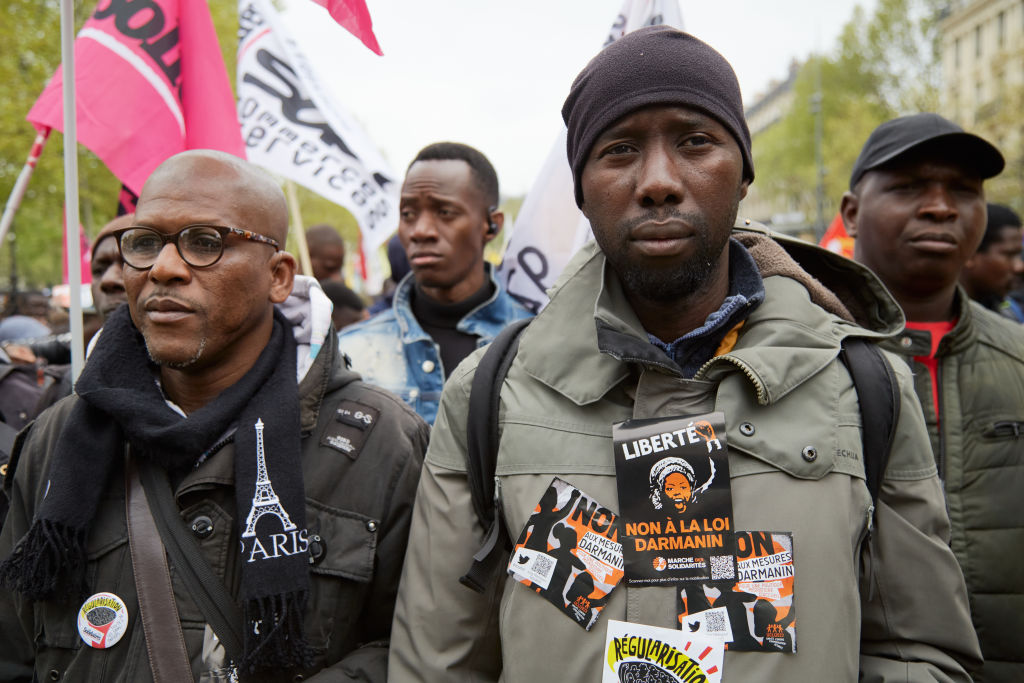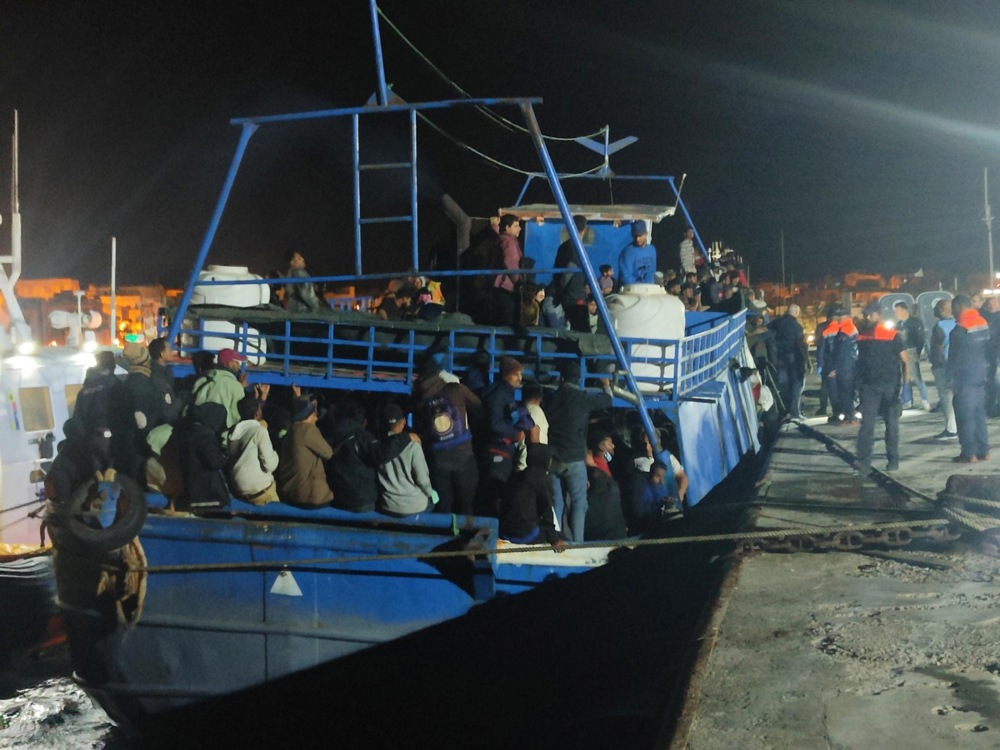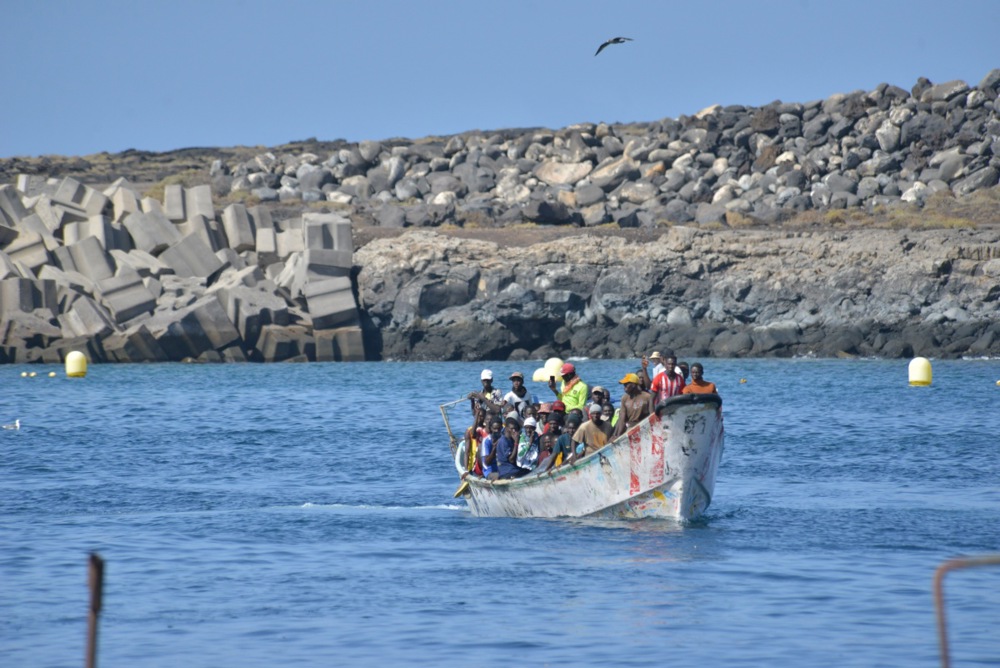Samia Suluhu, the President of Tanzania, says she wants to send the more than 200,000 refugees residing there back to their home countries. The country’s military commander has called for the move.
On January 22, Suluhu said at a meeting in Dar es Salaam with Jacob Mkunda, Chief of the Tanzanian People’s Defence Force, that she was considering how to implement the mass expulsion, French radio station RFI reported.
“As Head of State, I have taken into account your recommendation to identify all refugees residing in Tanzania … so that we can see how we can send them back to their countries of origin,” she said.
Boniface Mwabukusi, a Tanzanian lawyer and human rights activist, expressed outrage at the announcement.
“We have an international and moral obligation to welcome our brothers, and it is unfair to try to send them home, simply because they are exerting strong pressure on our country,” he said.
Refugees have put financial strain and raised potential security risks for Tanzania in recent years, critics there say.
Campaigns pushing for voluntary returns have failed, as have other attempts to dissuade refugees from remaining in the country.
Measures such as barring them from leaving special camps, retraction of school facilities, bans on small businesses, bicycle and motorbike ownership, have had little effect.
Most refugees in Tanzania have come from Burundi and Congo.
In the 1990’s, the number of such arrivals was higher than of late, reaching the millions, amid wars in Burgundi, Rwanda and Congo.
Now the situation has improved but international aid has been reduced significantly. The willingness of Tanzania to shelter people has dwindled.
The United Nations High Commissioner for Health reported that, as of June 2023, Tanzania was home to more than 250,000 refugees.
Two-thirds of those fled Burundi after the 2015 armed-conflict crisis, although today, that country is regarded as peaceful.
Other refugees have come predominantly from Eastern Congo, where violence is ongoing.
In 2021, Human Rights Watch (HRW) stated numbers of Burundi refugees in Tanzania had suffered arbitrary arrests and enforced “disappearances”, allegedly carried out by the Tanzanian police and intelligence services in co-operation with counterparts in their homeland.
HRW also claimed that Burundian intelligence agents, posing as refugees within the camps, were identifying specific individuals who were later arrested by Tanzanian security forces.





